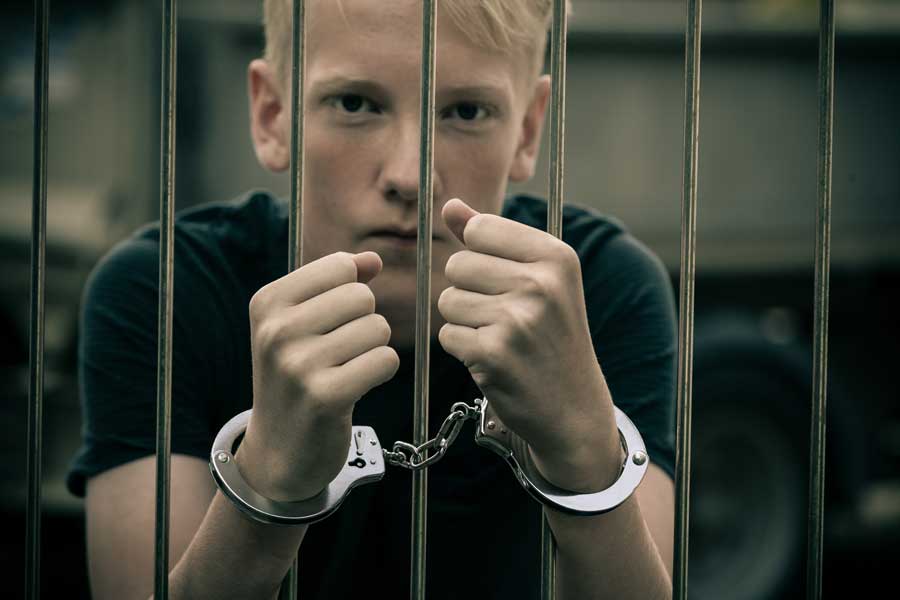If your underage family member has been charged with a crime, it’s imperative to take action right away to protect them from juvenile offenses that could derail their adult life.
When not handled correctly, juvenile convictions can have long-lasting consequences and affect your loved one’s ability to be accepted into college, get a job, and more.
Who Is Considered A Juvenile In The North Carolina Court System?
In North Carolina, anyone aged eight to 16 years old who commits a crime is considered a juvenile. However, depending on the offense, juveniles can face trial as an adult, so securing proper legal representation, with trial experience, for the child right away is critical.
Juvenile crimes can range from:
- Underage possession/consumption of alcohol
- Underage DUI
- Traffic offenses
- Drug/controlled substance offenses
- Shoplifting/theft
- Violent crimes
- Vandalism
- Carrying a concealed weapon
- Possession of a firearm
- Internet crimes
What Factors Are Considered In A Juvenile Criminal Case?
When a prosecutor is determining how to handle a juvenile case, a few key factors are considered:
- the severity of the crime
- the juvenile’s age
- the juvenile’s past record
- the strength of the evidence in the case
- the juvenile’s gender (males are more likely to be charged than females)
- the juvenile’s social history, and
- the ability of the minor’s parents to control their behavior.
What Consequences Can A Juvenile Face For Committing A Crime?
Most juvenile records are not released to the public, but the case can still have long-lasting impacts on your loved one.
Rehabilitation of the juvenile is preferred by judges in most cases instead of jail time. However, a conviction for a criminal offense is still severe for a child. A minor may face out-of-home placement, detention, or training school.
Other consequences may include counseling, confinement in a juvenile detention facility, reimbursement of the victim, or probation.
What Should I Do If My Child Is Charged With A Crime?
If your child or an underaged family member has been charged with a crime, call the Knox Law Center immediately for a complimentary criminal consultation.
Quick action is needed in juvenile cases to ensure the prosecutor doesn’t move to try the child as an adult. Gathering evidence and filing motions quickly will improve the chances for your child.
The Knox Law Center’s legal team will work to mount the best defense for your child, discuss any lesser sentencing option, and work to keep the juvenile record sealed.






